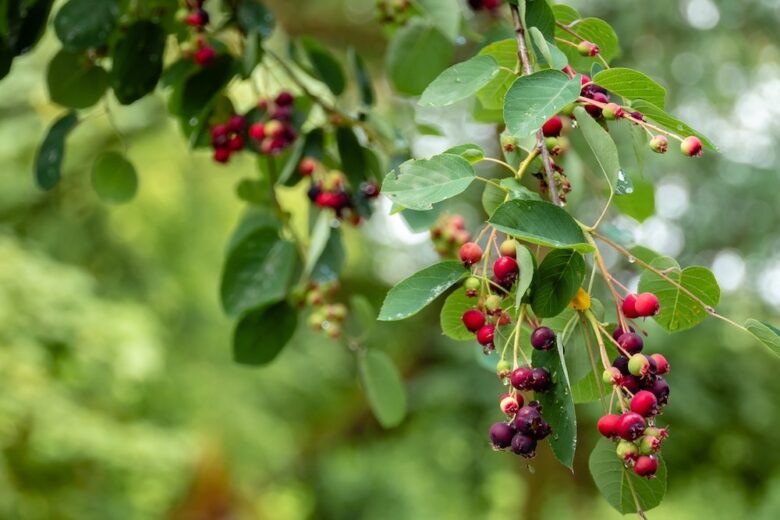Is elderberry good for kids? Here’s what parents need to know
When cold and flu season arrives, some families stock up on elderberry treatments to stave off the nasty viruses that abound.
So, how well does it work? Is it really good for kids? Here’s what you need to know about Elderberry. Elderberry syrups, kids elderberry gummies, lozenges, and capsules are all available. During cold and flu season, give your kids a small daily dosage of elderberry to boost their immune system. You can also use it only when you’re sick, such as when you have a cold or flu.
How to take elderberry
From syrups to capsules to candies, there are many ways to consume elderberry. Some people prefer to prepare their elderberry syrup from dried berries, however, handmade syrups are usually less concentrated than commercial elderberry syrups. Cold and flu prevention may be less effective with them.
Keep in mind that an elderberry is a tool, not a cure-all. This season, getting adequate sleep, eating healthy foods, and washing hands after school are all effective methods to avoid colds and flu.
Is it safe for kids?
“Yes,” is the simple answer. Elderberry is a fruit with a long history of being safe to eat. When it comes to offering this supplement to children, there are a few things to keep in mind.
The majority of elderberry study has focused on its effects on adults’ health. There’s no guarantee that it won’t have unexpected effects in children that we haven’t discovered yet.
If eaten raw or improperly prepared, several elements of the elderberry plant are hazardous. One method to prevent the risk of badly processed fruit is to buy commercially made elderberry products.
Follow the prescribed dose directions on the packaging if you’re using commercial elderberry products.
You want to give your child the finest of everything. That includes choosing an Elderberry supplement that is organic, vegan, and free of common allergens like dairy, gluten, and soy. We also recommend using an Elderberry product that is USDA Certified Organic whenever available.
Side effects of raw elderberries
Elderflowers can be eaten raw or cooked. Raw elderberries, as well as the tree’s seeds, leaves, and bark, contain a poisonous toxin. Nausea, vomiting, and diarrhea can result from eating or drinking raw elderberries or another hazardous portion of the plant.
How has it been used historically?
Elderberry fruit has been used to make jams, wines, pies, and other foods for generations. It is most recognized, though, as traditional medicine. Vitamin A, potassium, calcium, vitamin C, and high levels of antioxidants like anthocyanins, which give the fruit its color and may help with overall health, are all found in elderberry fruits.




